The playwright Carlo Gozzi marvelled at ‘The spectacle of women turned into men, men turned into women, and both men and women turned into monkeys’ in 18th-century Venice, and Jan Morris, visiting in the 1950s, did likewise. It would be more than a decade before Morris went under the knife, but already he was contemplating a transition more permanent than any he observed at carnival time.
The Venice Conundrum, which aired on Radio 4 on Sunday, knitted together Morris’s most famous travel book with Conundrum, the story of his sex change, completed in the 1970s. I had my doubts about how well these two works would sit together, but the dramatisation was not only beautiful, but also hugely illuminating of Morris’s psyche as a traveller caught between two worlds.
Shortly before arriving in Venice, Morris had flushed the oestrogen pills he had been prescribed down the loo and resolved to try to live as a man. His biggest fear was that the hormones might affect his talents as a writer. We really felt his anxieties, for no sooner did we hear them expressed in Conundrum than the narrative shifted and we were listening to one of his most exquisite passages of writing from Venice. It was not his body so much as his mind that he felt was in jeopardy.
The two texts alternated in such a way as to highlight the similarities Morris discerned between himself and La Serenissima. Venice was ‘the outsider’, ‘founded in misfortune’; ‘a complicated place’, ‘enmeshed in contradictions and exceptions’, a place of ‘brazen individualism’ which Morris declared to be ‘always feminine to me’. Not all of these sentiments are self-referential in the texts, but for the purposes of the drama this did not matter. Robin Brooks did a stellar job of weaving the material together, and the subtly inquiring voice of Edalia Day, a transgender spoken word artist, felt just right. The music overlaying the Venetian sections was also lovely. It all added up to an hour of dreamy radio.
Birmingham, the so-called Venice of the north, was the setting of Stewart Lee’s foray into British surrealism, also on Radio 4 this week. Where The Venice Conundrum floated on beauty, The Balsall Heath Bohemians revelled in its own grittiness, Lee slurping ill-manneredly at his tea and perching in the pub where the art movement first ‘mushroomed off’. The Brummie group included Conroy Maddox, a bespectacled collagist with a peculiar artistic interest in nuns; Emmy Bridgwater, an Edgbaston automatist; and Desmond Morris, the great zoologist and painter.
The interviews with Morris, now aged 95, were the highlight of the rather varied half-hour. As a student, he famously left an elephant skull in a doorway on Birmingham’s Broad Street, sparking widespread confusion. While zoology became his chief profession, Morris enjoyed many years of artistic mischief-making before Maddox and chums co-authored a manifesto which, as Lee put it, ‘was a signpost on the long and winding road up their own arses’. Morris couldn’t accept it and the group dissolved.
As entertaining as it was to listen to Lee playing the parlour game consequences and visiting the artists’ old watering holes, I came away with a shaky understanding of what made this group of surrealists tick, and why they should matter to people other than Cold War Steve, a Birmingham artist we were expected to have heard of.
Where Are You Going? is, as podcasts go, pretty self-explanatory. Producer-presenter Catherine Carr wanders around cities with a microphone and recorder stopping people to ask where they are going. The dialogue that ensues between her and each stranger typically fills a ten-minute episode.
It won’t surprise you to learn that the most willing talkers aren’t always the most interesting. Some of the best episodes start awkwardly, with the interlocutor audibly puzzled as to what this woman could possibly want from them, and understandably suspicious. Recently, Carr visited Reykjavik, where she pulled someone aside and insisted on seeing what was in his shopping bag. The gentleman, clearly flustered, gingerly divulged that he worked for the Ministry for Foreign Affairs. What did he work on at the weekend? Hesitates. ‘Not even a hint?’ she asks. ‘No, I don’t think so.’
Some listeners may blanch at such prying (one poor stranger is asked what he’s doing in the pharmacy), but Carr has such an easy way with people that you can’t help but warm to her methods. The manner in which she draws out the family story of a Pakistan-raised post-office worker in Windsor is wonderful. You may never blank a stranger again.
Got something to add? Join the discussion and comment below.
Get 10 issues for just $10
Subscribe to The Spectator Australia today for the next 10 magazine issues, plus full online access, for just $10.
You might disagree with half of it, but you’ll enjoy reading all of it. Try your first month for free, then just $2 a week for the remainder of your first year.

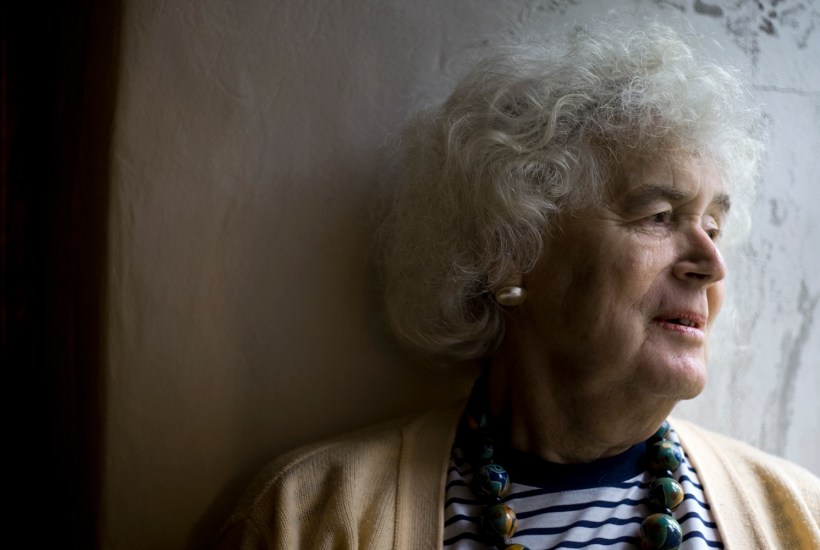

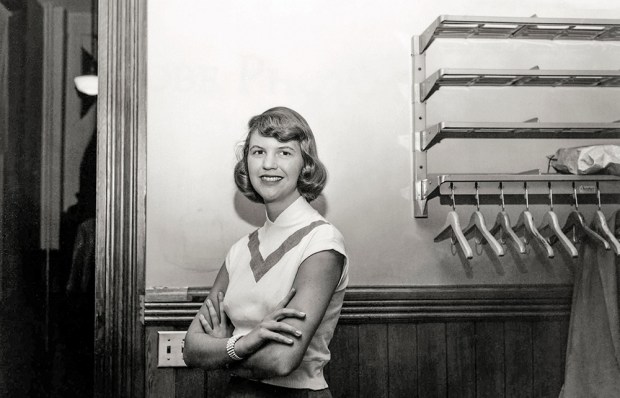
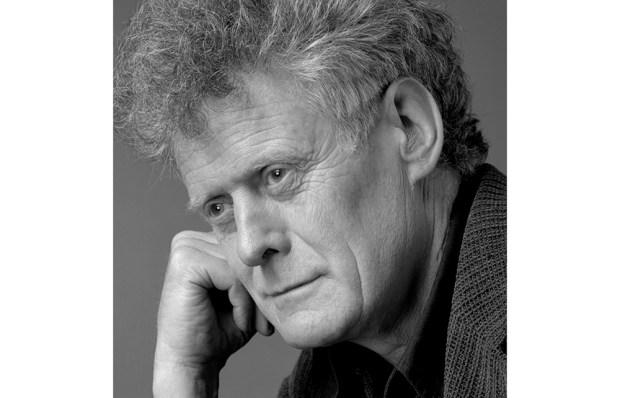
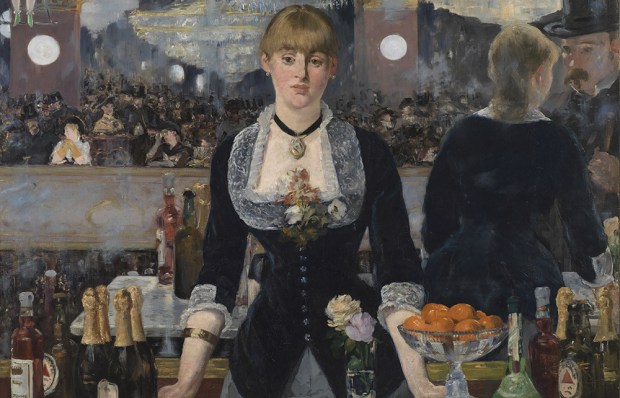

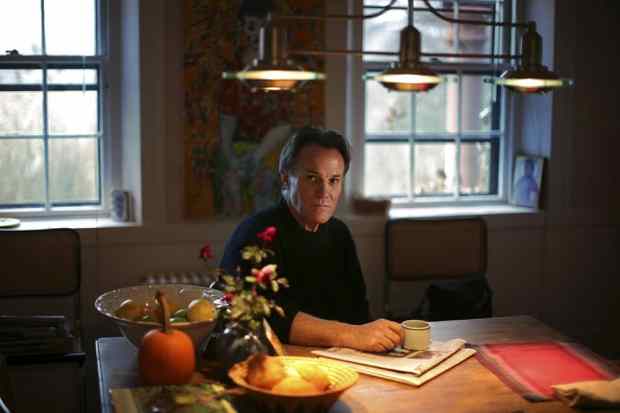






Comments
Don't miss out
Join the conversation with other Spectator Australia readers. Subscribe to leave a comment.
SUBSCRIBEAlready a subscriber? Log in